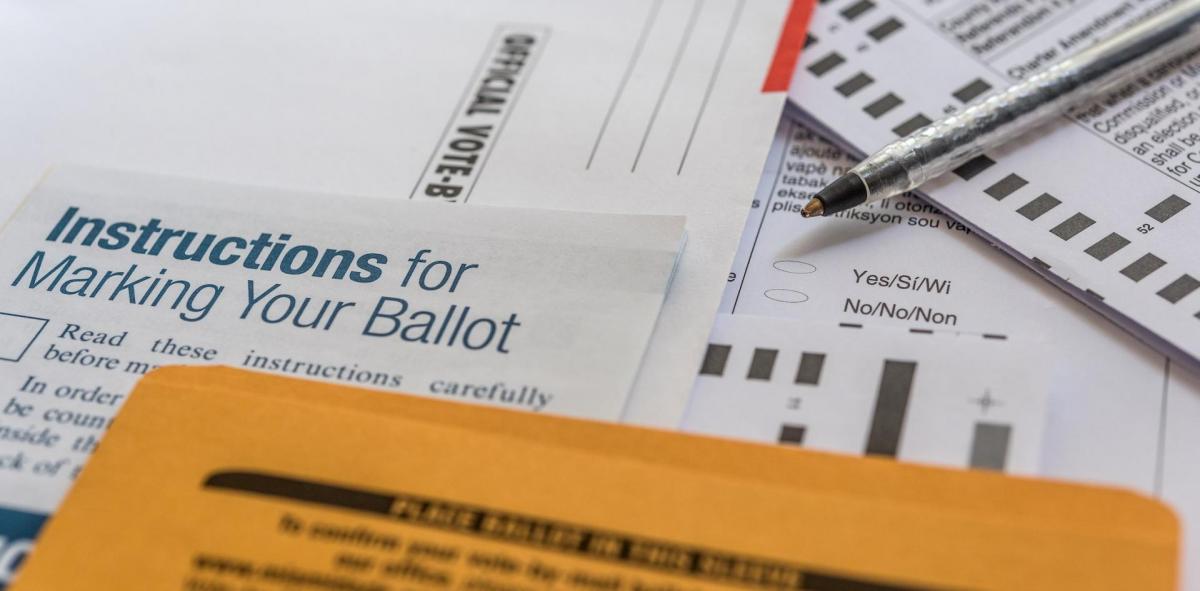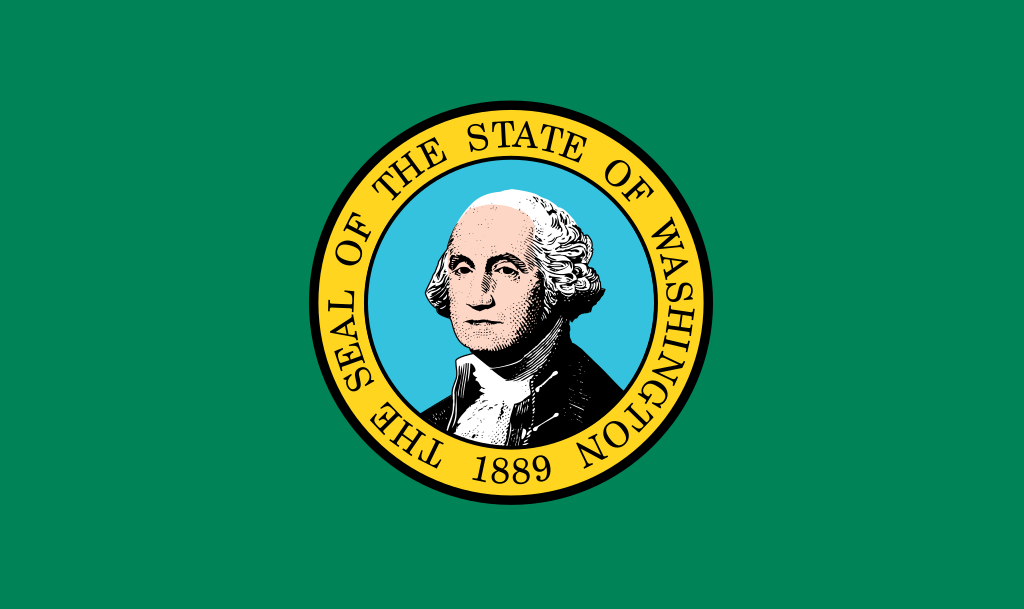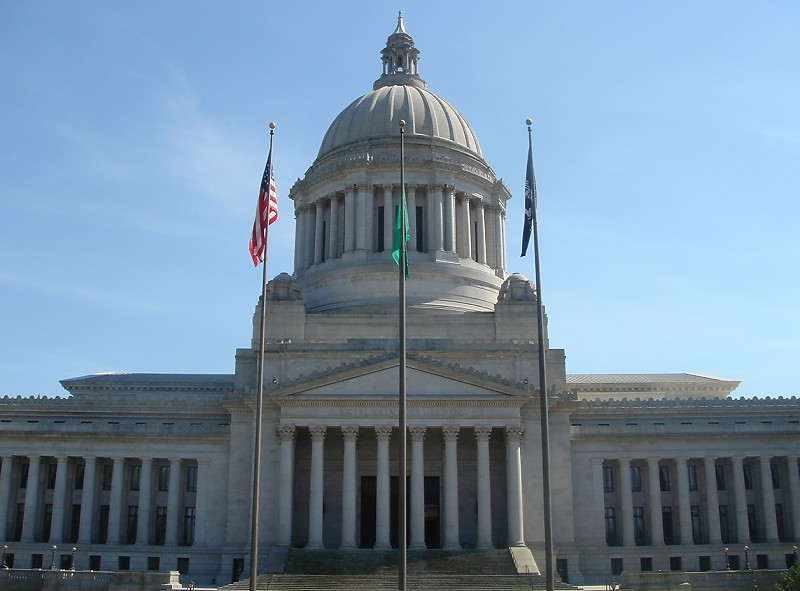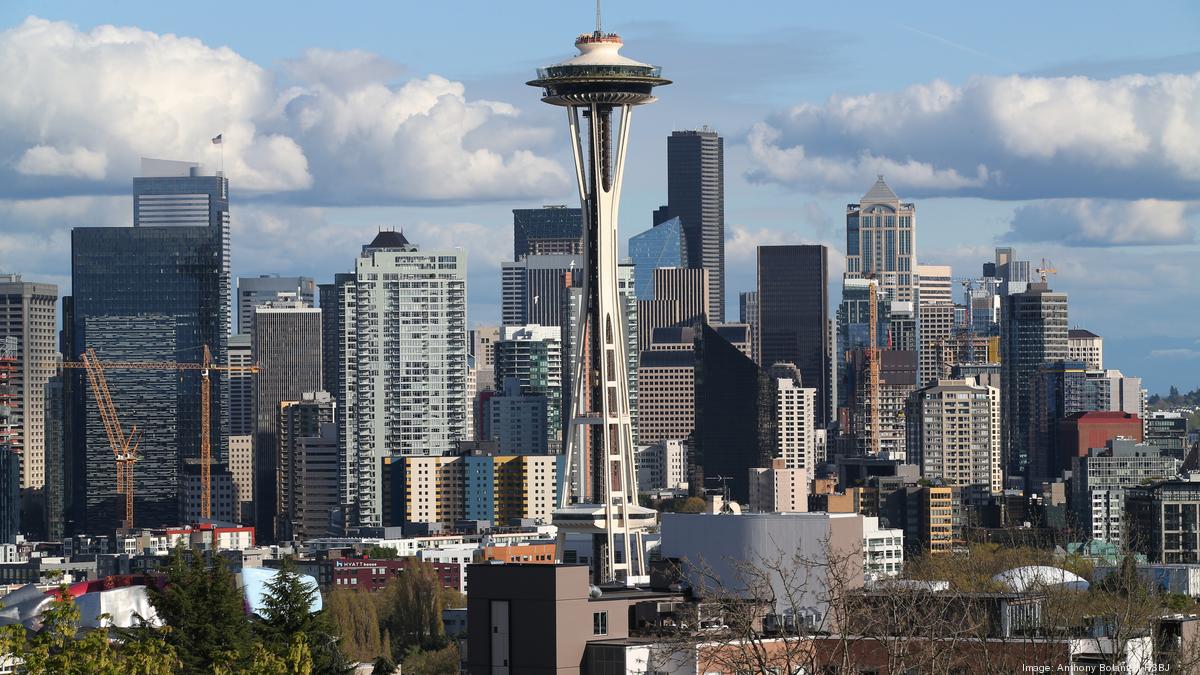Tag: washington
-
Update on state ballot measures certifications — six measures certified for 2026, and Washington Legislature refers measure for Nov. 2025 ballot

The number of certified statewide ballot measures for both 2025 and 2026 is trending above average compared to previous election cycles as of April 15. 2025 ballot measures For 2025, seven statewide ballot measures have been certified in four states—Louisiana, Ohio, Washington, and Wisconsin. This is one more than the average of six certified measures…
-
Washington voters to decide in November on amendment allowing Long-Term Services and Supports (LTSS) Trust Fund to be invested in stocks and equities

Washington voters will decide on a constitutional amendment in November that would allow the Long-Term Services and Supports (LTSS) Trust Fund, also known as the WA Cares Fund, to be invested in stocks and equities. The WA Cares Fund was established in 2019 to provide a lifetime benefit of $36,500 to eligible beneficiaries. WA Cares…
-
Court strikes down Washington Initiative 2066, related to natural gas, as violating state’s single-subject rule; ruling will be appealed to state supreme court

Washington Initiative 2066, approved on Nov. 5, 2024, was struck down on March 21 as violating the state constitution’s single-subject rule. A single-subject rule is a state law that requires ballot initiatives to address a single subject, topic, or issue. Judge Sandra Widlan wrote, “… the body of the initiative is so broad and free…
-
Washington voters have decided on 510 ballot measures since statehood in 1889

Since Washington became the 42nd state in 1889, voters have decided on 510 ballot measures. The state adopted a process for citizen initiatives and referendums in 1912. Of the 510 measures, 268 measures were approved (52.5%), and 242 measures were defeated (47.5%). Washington provides initiated state statutes, including indirect initiated state statutes, and veto referendums.…
-
Washington state judge dismisses challenge to Parents’ Bill of Rights; legislators set to consider bill that would rewrite it

King County Superior Court Judge Michael Scott in Washington allowed the state Parents’ Bill of Rights to take full effect on Jan. 27, dismissing a lawsuit against the 2024 Initiative 2081 that enacted the Bill of Rights. Judge Scott had temporarily blocked portions of the statute on Jun. 21, 2024, that required school districts to…
-
Nine states have new initiative signature requirements heading into the 2025-2026 election cycle

Heading into the 2025-2026 election cycle, signature requirements for citizen-initiated measures changed in nine states. Turnout on Nov.5, 2024, caused signature requirements for citizen-initiated ballot measures to change in seven states. Two other states changed their requirements based on the number of registered voters. The average change was a 12.47% increase. Changes ranged from a…
-
Voters in Seattle deciding on four local ballot measures on Feb. 11, including two competing measures

Seattle voters will be deciding on two competing propositions as well as two school district levy renewals on Feb. 11. The competing measures are Propositions 1A and 1B. Proposition 1A (previously Initiative 137) is a citizen-initiated measure, and Proposition 1B is an alternative measure referred to the ballot by the Seattle City Council. Voters will…
-
43% of elections in Washington are uncontested

Of 384 regular elections in Washington—165 (43%) are uncontested. An uncontested election is one where the number of candidates on the ballot is less than or equal to the number of seats up for election. Of the 26 states where Ballotpedia is covering every election on Nov. 5, Washington has the 21st highest rate of…
-
Washington law expands child care subsidy eligibility by including early education programs goes into effect November 1, 2024
Washington House Bill 2124, which modifies child care subsidy work requirements, went into effect November 1, 2024. The bill requires the Department of Children, Youth, and Families (DCYF) to recognize participation in the Birth to Three Early Childhood Education and Assistance Program (ECEAP) or the Early Head Start program as approved activities to meet work…
-
Ten presidential tickets will appear on the ballot in Washington this November

Washington’s Nov. 5, 2024, general election ballot will feature 10 presidential candidates and their running mates. They are: Robert F. Kennedy Jr., running as an independent, withdrew from the presidential election in August, but will still appear on Washington’s ballot as the We the People party’s presidential nominee. This is the most candidates on Washington’s…

